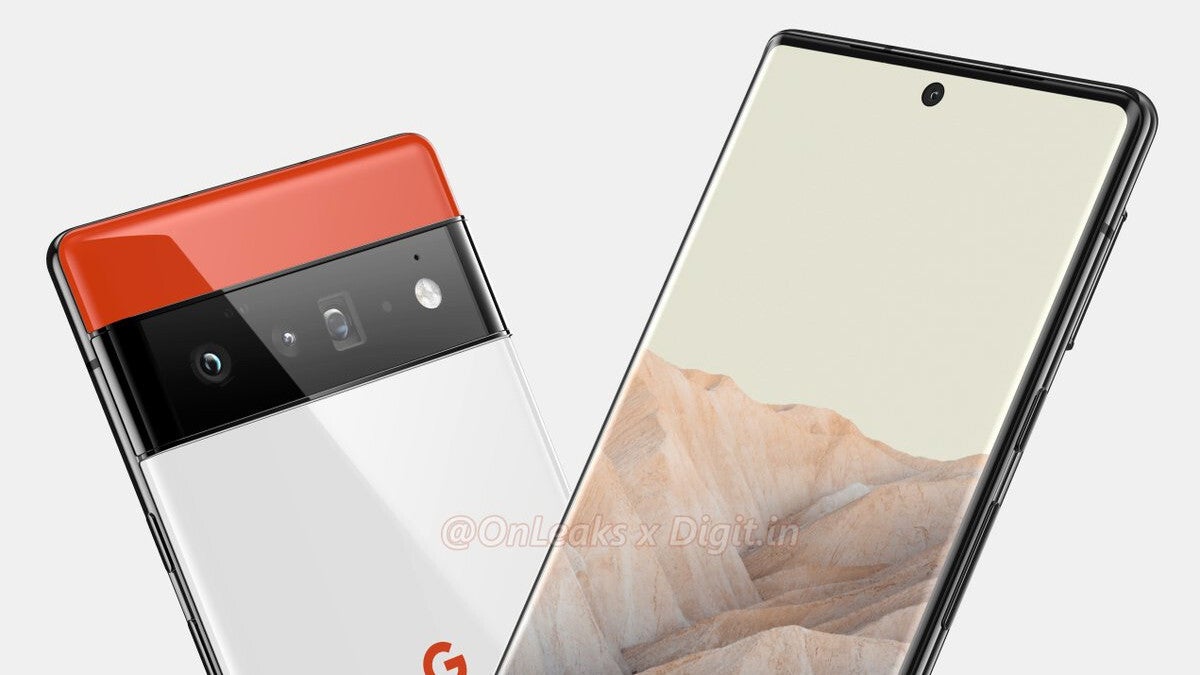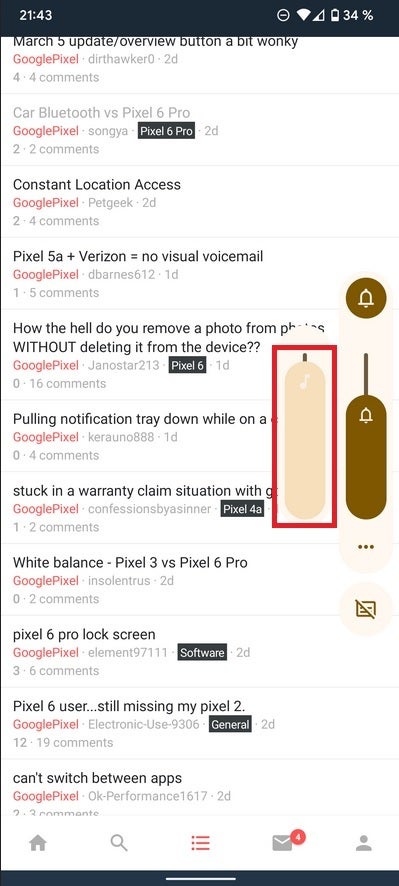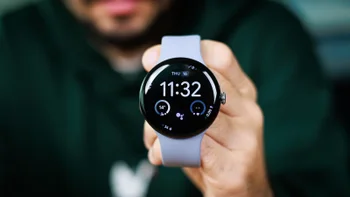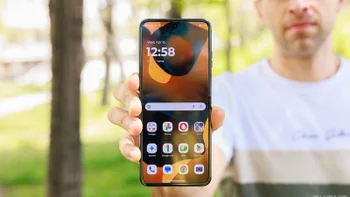Google, seeking revenge, accuses Sonos of infringing on seven of its patents in two lawsuits

Earlier this year the International Trade Commission (ITC) found that Google had infringed on five patents belonging to speaker company Sonos. The ITC had a cease and desist order placed on Google. A limited exclusion order was issued giving Google 60 days to change its offending devices or else face having them blocked from entry into the U.S. Those devices included Nest speakers, Chromecast devices, and Pixel smartphones.
Google had to tweak its smart speakers and even the Pixel 6 line thanks to Sonos's original suit
Google made some changes to its products including smart speakers and its Pixel phones via software updates. The patents allegedly infringed on by Google reportedly had to do with how consumers can more easily set up a speaker device that controls home audio systems, the pairing of multiple speakers, the independent volume control of different speakers, and the stereo pairing of speakers.

The second volume slider on the Pixel 6 line at left was reportedly disabled due to Sonos' legal action against Google
When the Pixel 6 line first was released, pressing the volume button showed a second volume slider to the left of the main volume slider that had a musical note on it. At the time of the ITC's ruling, there was speculation that the second slider was disabled by Google due to its alleged infringement of Sonos patents. We should point out that the second slider has been removed from the Pixel 6 phones in the Android 13 beta.
The Verge is reporting today that Google is fighting back against Sonos with two lawsuits and a claim of its own that Sonos is infringing on as many as seven Google patents relating to smart speakers and voice control technologies. Google spokesman José Castañeda explained why Google took this action. He said that the suits are being filed so that the company could "defend our technology and challenge Sonos's clear, continued infringement of our patents."
The Google spokesman added that Sonos had "started an aggressive and misleading campaign against our products, at the expense of our shared customers." One of the suits filed by Google focuses on hotword detection and wireless charging. The former is the technology used to activate digital assistants from a sleeping state and put them in an active state ready to receive requests from users. Hotwords would include "Ok, Google," and "Hey, Siri."
Google retaliates against Sonos by seeking to have its products banned from import into the states
The two lawsuits were both filed with the United States District Court for the Northern District of California and the Google spokesman told The Verge that the company will file a similar lawsuit with the ITC and seek to have imports of offending Sonos products banned from being imported into the U.S.
Sonos, of course, sees Google as trying to exact revenge on the company. Eddie Lazarus, chief legal officer at Sonos, called the lawsuits an "intimidation tactic” and said they were designed to "retaliate against Sonos for speaking out against Google's monopolistic practices." He added that the suit allows Google to avoid making royalty payments to Sonos and "grind down a smaller competitor. It will not succeed."
Google, of course, makes a line of smart speakers and has the second largest market share in the industry at last count at 17.2% as of the first quarter of this year. That still puts it well behind category creator Amazon whose line of Echo devices not only started the smart speaker business but has also left Amazon with a leading 28.2% slice of the global smart speaker pie.
Google's first quarter smart speaker shipments rose 6.6% year-over-year during the first quarter. That was the second largest annual improvement in the industry behind Apple's 29.9%. The latter's HomePod mini was the world's top-selling smart speaker during the opening quarter of this year topping Amazon's latest Echo Dot device and Google's Nest Mini even though the latter two devices are cheaper than Apple's mini smart speaker.
Follow us on Google News













Things that are NOT allowed:
To help keep our community safe and free from spam, we apply temporary limits to newly created accounts: